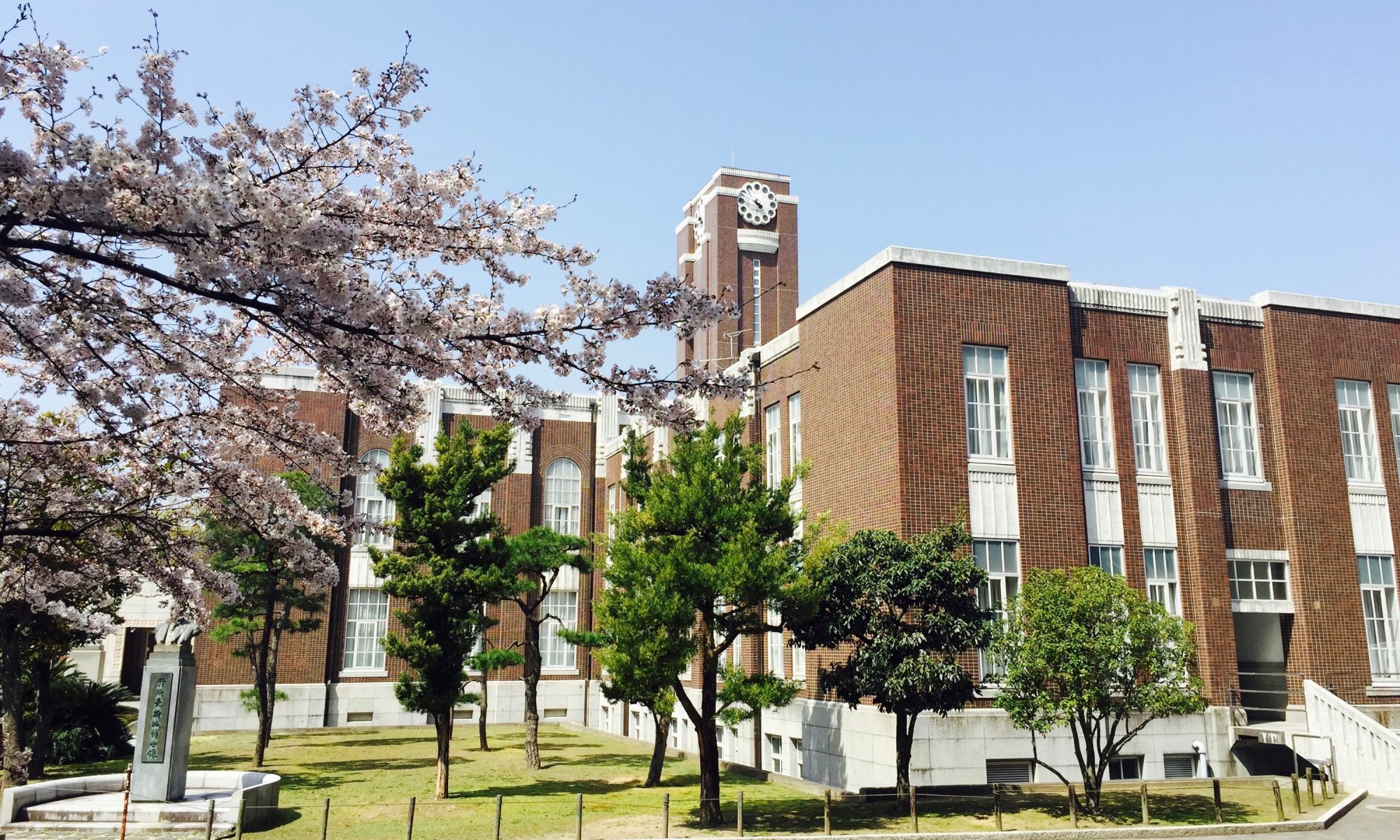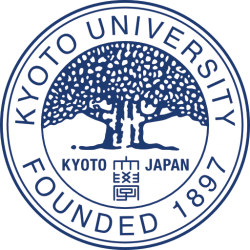Teacher: ASATO Wako
Course Code: JK32001
This class will cover social research methods, mainly qualitative research. In view of the relaxed restrictions on movement under COVID-19, we are also planning to conduct fieldwork.
Social research is a process and method of recognizing and understanding social phenomena by collecting data from the real world through experience, observation, participation, interviews, action, questionnaires, and so forth, and then by analyzing, interpreting, and integrating the obtained data. Through social research, we become aware of why certain phenomena occur, the relationship between structure and agency, the gap
between institutions and reality, and how people think and feel the way they do. Finally, researchers approach social reality through research and sometimes change reality through action. Although there are many books on social research methods, this class will focus primarily on how to think about methodology rather than discussing methodology per se as a technical issue.
During the first month, a lecture is given on his research experiences. The purpose is to stimulate discussion by making his experience a reference point. Then we will read some literature on qualitative research covering conventional interview research, which is subjective-objective binary used by many researchers.
This will be useful for students in conducting qualitative research. In addition, we will also deal with research on colonial/post-coloniality, low-end globalization, and papers on non-binary research such as action research and commitment. Though spotty for this class, fieldwork will also be conducted at social welfare facilities, public schools, and the historical buraku community.
Course Information
Module: Introduction to Transcultural Studies
CATS Requirements: BA 3rd. year or above
Link to course material on PandA.
Day/Period: Fri/4
Location: Lec. 9
Credits: 2
Course Goals
This course provides an opportunity for mainly non-Japanese students to explore aspects of Japanese society that students may not be able to learn through prior knowledge. The course format involves studying topics such as outcast community, ethnic minorities, undocumented migrants, homelessness, and nursing homes, then students will gain a deeper understanding by actually visiting these communities and conducting interviews.
Course Schedule and Evaluation
For a detailed course schedule, please visit KULASIS or the PandA platform (the enrollment key is provided in KULASIS and also during the first week of class).
This course is primarily designed for graduate students enrolled in the joint degree master program in Transcultural Studies at Kyoto and Heidelberg University who seek to understand Japanese society through qualitative research. Due to the nature of the course, accommodating many students may be challenging. Please kindly understand this in advance.
Evaluation; Short papers based on community visits and class participation.


